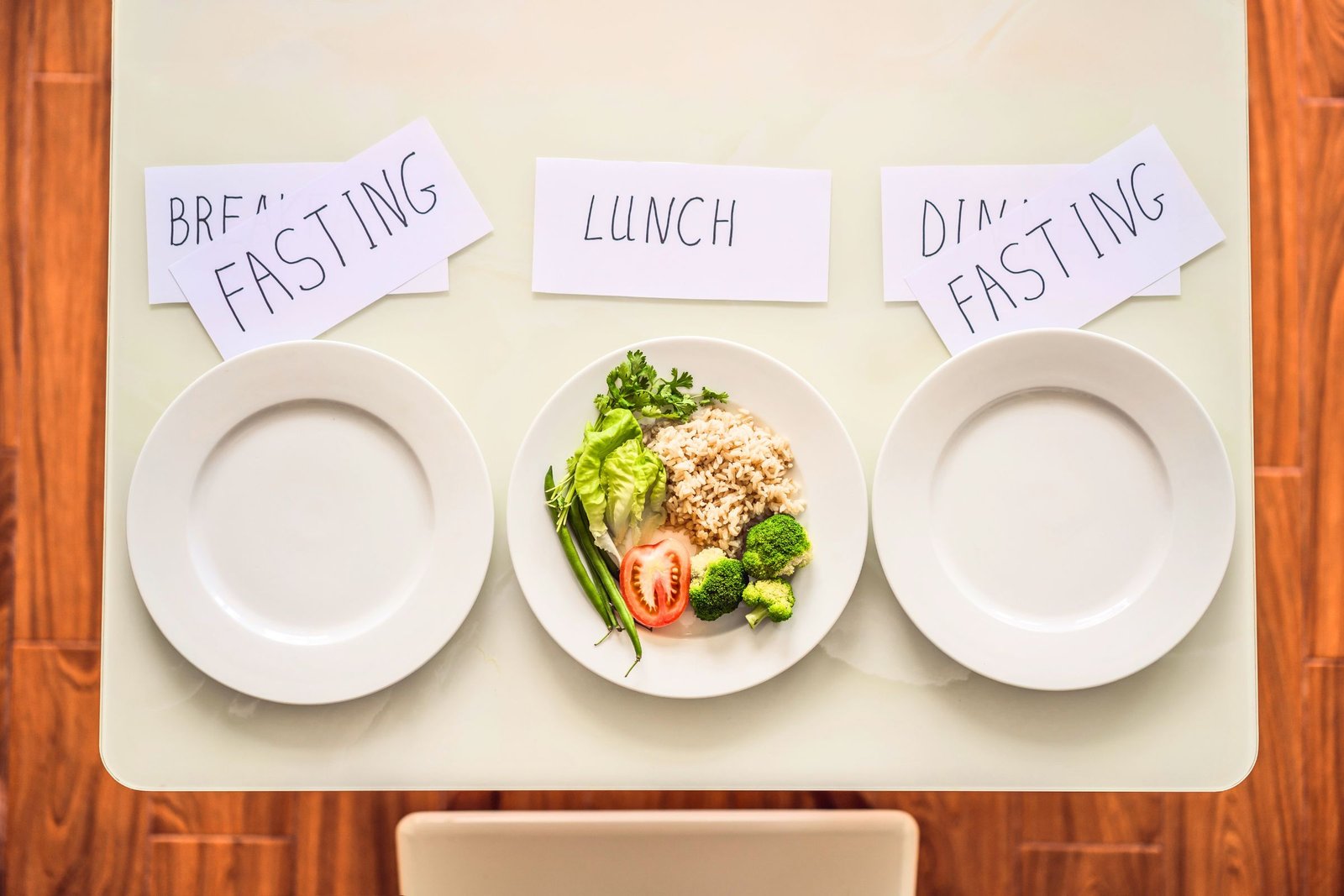Getting Started with Fasting

Choose the Right Type: Select a fasting method that aligns with your goals and lifestyle.
Fasting is not a one-size-fits-all approach, and the variety of fasting methods allows for flexibility in choosing one that suits individual preferences and objectives. Whether you opt for intermittent fasting, water fasting, juice fasting, or time-restricted eating, consider factors such as your daily routine, energy levels, and long-term sustainability. Choosing a method aligned with your lifestyle increases the likelihood of adherence and success. Experimenting with different approaches may be necessary to find the one that resonates best with you.
Start Gradually: If new to fasting, ease into it by gradually extending fasting periods.
For individuals new to fasting, adopting a gradual approach can help the body acclimate to changes in eating patterns. Begin with shorter fasting durations and progressively extend them as your body adjusts. This gradual introduction minimizes the risk of adverse effects and allows you to observe how your body responds to fasting. This method of easing into fasting is particularly relevant for those attempting more extended periods of fasting, such as water fasting, where the body may require time to adapt to the absence of regular food intake.
Stay Hydrated: Adequate water intake is crucial, especially during longer fasting periods.
Regardless of the fasting method chosen, staying hydrated is essential for overall health and well-being. Water plays a vital role in supporting various bodily functions, and adequate hydration becomes particularly crucial during fasting to compensate for the absence of fluid intake from food. Consider incorporating herbal teas or infused water to add flavor without adding calories. While water fasting involves abstaining from food, maintaining hydration is paramount and can contribute to a more comfortable fasting experience.
Listen to Your Body: Pay attention to how your body responds and adjust your approach accordingly.
Every individual’s body reacts differently to fasting, and it’s important to be attuned to its signals. If you experience persistent discomfort, dizziness, extreme fatigue, or other adverse effects, it’s essential to reevaluate your fasting approach. Listen to your body’s cues, and be flexible in adjusting your fasting regimen as needed. Fasting should enhance overall well-being, and a mindful approach ensures that the practice remains a positive and sustainable component of your health journey.
As you embark on your fasting journey, viewing it as a personalized and evolving process can contribute to a positive and successful experience. The subsequent sections will delve into more specific details, tips, and considerations for incorporating fasting into your routine, providing a comprehensive guide to navigating the diverse landscape of fasting practices.








